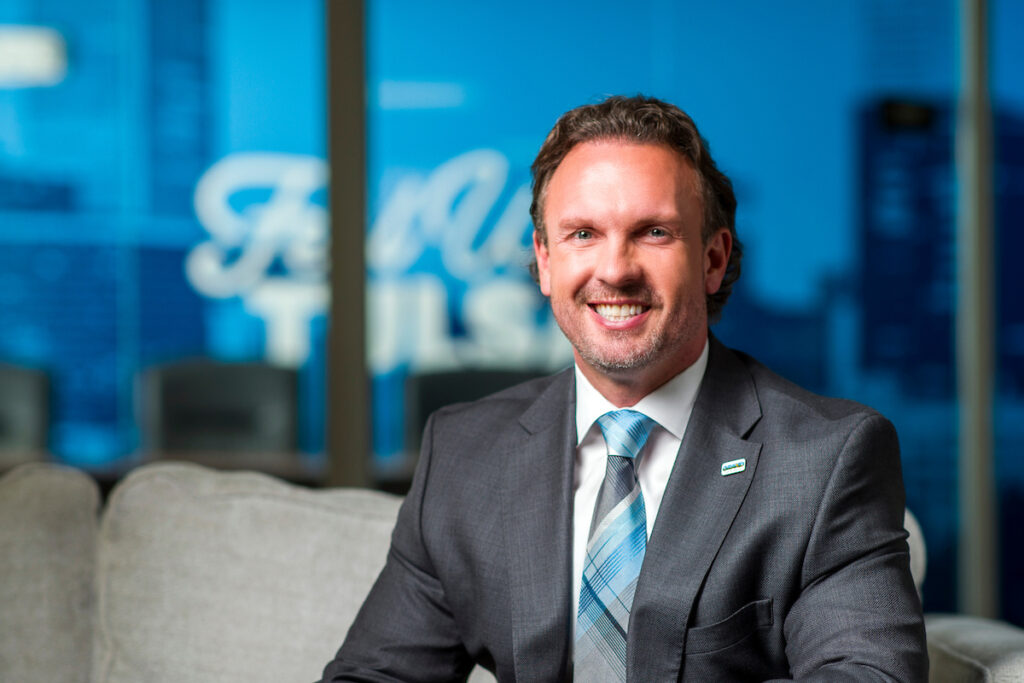

Stronger Together: Mental Health Care in Rural Oklahoma
Right now, is the time to recognize the strength of individuals living in mental health treatment and addiction recovery, honor the families who support them, and recommit ourselves to building communities where mental health services are accessible to all. As someone who works every day alongside Oklahomans battling mental health and substance use challenges, I see both the incredible resilience of our people and the gaps in support that too often hold them back—especially in rural areas.
Rural Oklahoma is home to some of the most deeply connected, hard-working communities in the nation. But too many of our neighbors live hours from the nearest psychiatrist, crisis center, or treatment program. When someone in a small town experiences a mental health crisis or a relapse, they may have to wait days for an appointment or travel hundreds of miles to access specialized care. For many, that delay can be the difference between treatment and tragedy.
The need is real, and the stakes are high. Suicide remains one of the leading causes of death in our state. Substance use disorders—particularly opioids and methamphetamine—continue to devastate families and strain already overburdened hospitals, jails, and schools. For rural residents, the barriers of geography, stigma, and lack of providers compound these challenges.
At GRAND Mental Health, we have seen firsthand how expanding access saves lives. For many years, we have worked to meet people where they are by creating mobile crisis teams, access to behavioral health specialists with the use of technology, walk-in clinics, and 24/7 urgent recovery centers. These services are designed to provide immediate help without requiring someone to sit in a hospital emergency room or wait for a referral. The results have been powerful: families reunited, individuals stabilized, and communities spared the ripple effects of untreated mental conditions.
Yet we cannot do it alone. Rural Oklahoma needs more investment in community-based services—support that allows organizations to recruit and retain mental health professionals, expand telehealth options, and ensure crisis care is available close to home. We also need stronger collaboration between schools, law enforcement, healthcare providers, and local leaders and government officials to create a safety net that no one can fall through.
This is a reminder that mental health is not a rural issue or an urban issue—it is a human issue. Recovery is possible, but only if we ensure that every Oklahoman, no matter their ZIP code, has the tools and support to achieve it.
We should celebrate the progress Oklahoma has made in recent years significant barriers to care, and until we address them, too many lives will be lost or left on hold.
Together, we can create communities where mental health treatment and addiction recovery are not only possible but expected, where hope is stronger than stigma, and where no one has to face their struggles alone.
By Josh Cantwell, CEO of GRAND Mental Health